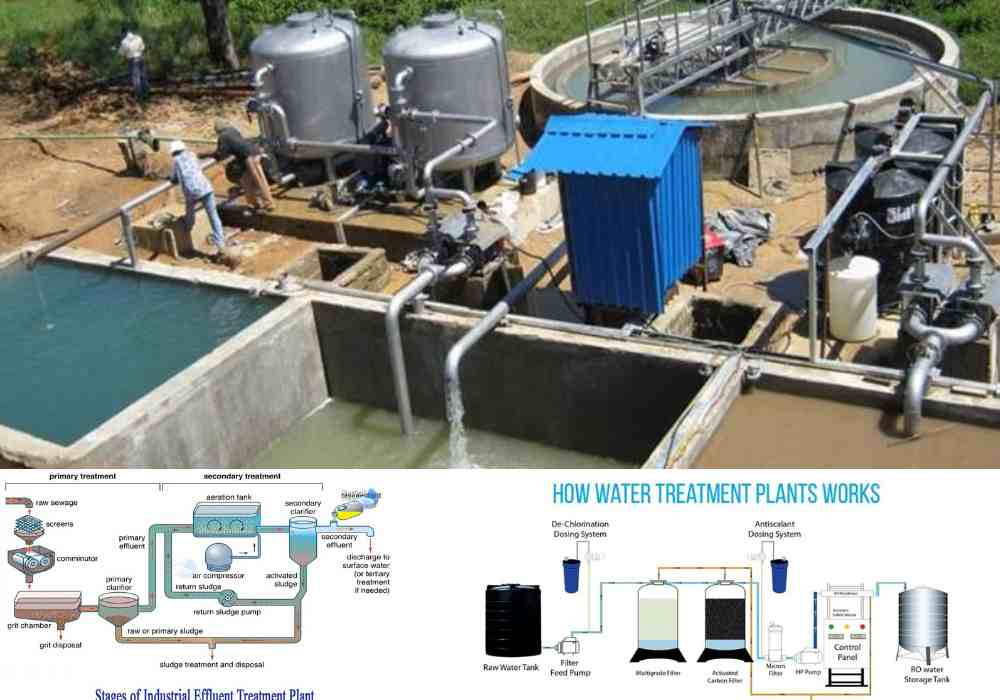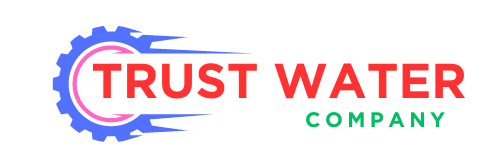How to Choose the Best ETP Plant Supplier in Bangladesh in 2024
Bangladesh’s economic boom has been nothing short of impressive. From textiles and garments to pharmaceuticals and tanneries, industries are flourishing, propelling the nation forward. But with this growth comes a hidden cost: industrial wastewater. Untreated effluent, laden with contaminants, can wreak havoc on Bangladesh’s delicate ecosystems and public health.
That’s where effluent treatment plants (ETPs) come in as environmental superheroes. These remarkable facilities act as nature’s detoxifiers, transforming harmful wastewater into a cleaner, safer discharge. But with a multitude of ETP plant suppliers in Bangladesh, how do you, the discerning industrialist, choose the right one?
Worry not, for this comprehensive guide will equip you with the knowledge to navigate the water plant supplier landscape and emerge victorious – with a sustainable solution that protects both your business and the environment.

Why ETPs Matter in Bangladesh
Let’s face it, clean water is a national treasure. Bangladesh, a land crisscrossed by rivers and teeming with life, deserves nothing less. Industrial wastewater, if left untreated, can contaminate these very waterways with:
- Heavy metals like lead, chromium, and arsenic, posing a serious threat to aquatic life and human health.
- Organic pollutants from dyes, pharmaceuticals, and other industrial processes, disrupting ecosystems and potentially causing harm through bioaccumulation.
- Pathogenic microorganisms from untreated sewage, leading to waterborne diseases like cholera and typhoid.
The consequences are dire. Not only does polluted water endanger public health and biodiversity, but it also restricts access to clean water for drinking, sanitation, and agriculture. This, in turn, can cripple economic activity and social development.
Thankfully, ETPs are the answer. By employing various treatment technologies like biological processes, chemical precipitation, and filtration, they remove these contaminants, rendering the wastewater safe for discharge or even reuse.
Choosing the Best ETP Plant Supplier
Now that we’ve established the importance of ETPs, let’s delve into the nitty-gritty of choosing the perfect supplier. Remember, this isn’t a one-size-fits-all situation. The ideal ETP supplier will be a partner in your sustainability journey, understanding your specific needs and crafting a customized solution.
Here’s your essential checklist to ensure you find the best fit:
- Experience and Expertise: Look for a supplier with a proven track record in Bangladesh’s industrial landscape. They should have experience catering to your specific industry, whether it’s textiles, pharmaceuticals, or tanneries.
- Compliance Know-How: Environmental regulations in Bangladesh are constantly evolving. Your supplier should possess a deep understanding of the latest Effluent Discharge Standards set by the Department of Environment (DoE). This ensures your ETP meets all compliance requirements, saving you from hefty fines and potential shutdowns.
- Technology Prowess: The ETP world is a dynamic one, with new and advanced treatment technologies emerging all the time. Biological ETPs, for instance, are gaining popularity due to their eco-friendly nature, while membrane filtration offers exceptional treatment efficiency. Seek a supplier that stays abreast of these advancements and offers a range of options to suit your needs and budget.
- Design and Engineering Capabilities: A well-designed ETP is the cornerstone of effective treatment. Your supplier should have a team of skilled engineers who can design an ETP that seamlessly integrates with your existing infrastructure and efficiently handles your specific wastewater volume and composition.
- Manufacturing and Construction Expertise: The best ETP suppliers don’t just design, they also manufacture and construct your plant. Look for a company with in-house manufacturing capabilities and a proven track record of high-quality construction. This ensures efficient project execution and minimizes delays.
- After-Sales Support: An ETP is an investment, and like any investment, it needs proper care. Choose a supplier that offers comprehensive after-sales support, including maintenance contracts, spare parts availability, and operator training.
Unveiling the Extras
While the checklist provides a solid foundation, the best ETP suppliers go the extra mile. Here are some additional factors to consider:
- Sustainable Solutions: In today’s environmentally conscious world, sustainability is paramount. Look for a supplier that offers sustainable ETP solutions, such as systems that promote water reuse or minimize energy consumption.
- Cost-Effectiveness: Finding a balance between affordability and quality is crucial. A good supplier will work with you to develop a cost-effective ETP solution that meets your budget and treatment requirements.
- Transparency and Communication: Open communication is key. Choose a supplier who is transparent about their pricing, design process, and project timelines.
